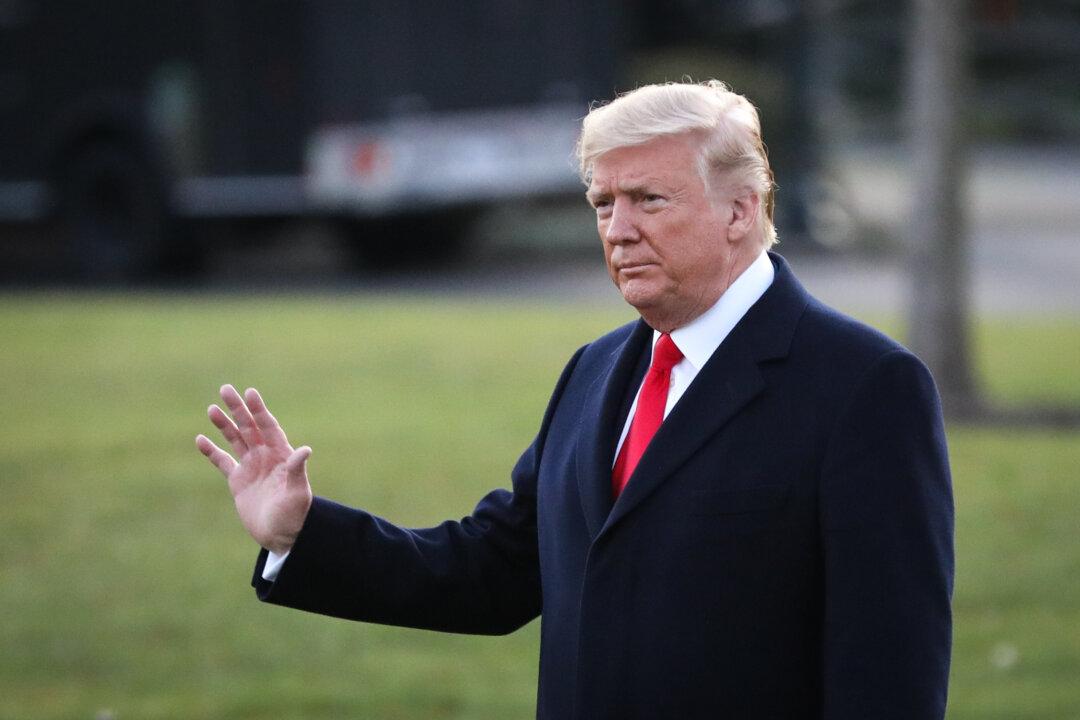President Donald Trump’s attorneys urged the Supreme Court to block several subpoenas that would give the House and a New York investigation access to the president’s financial records in significant cases dealing with separation of power and absolute immunity concerns that will be heard later this year.
The president’s legal team filed briefs on Monday in three cases, arguing that three House committees and a Manhattan prosecutor should not be able to subpoena his accounting firm, Mazars USA, and two banks—Deutsche Bank AG and Capital One Financial Corp.—compelling them to release the tax and financial documents.




